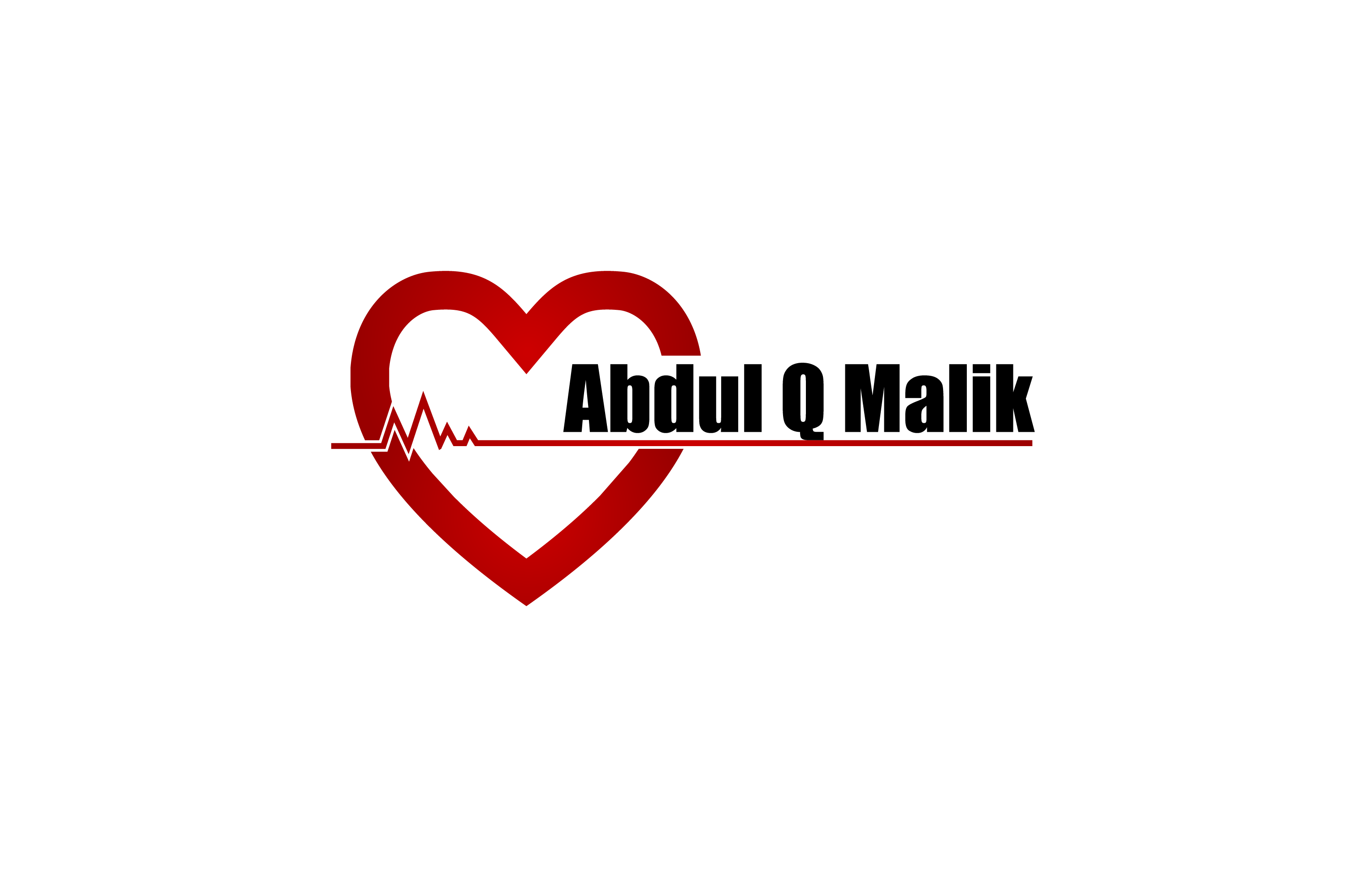Get Treated for Dizziness and Syncope (Fainting) in Brooklyn
The presence of dizziness and syncope, which is another word for fainting, may indicate the presence of more serious problems. While some causes might be expected, they could indicate a problem that needs to be looked at quickly. They could occur at any stage in your life.
Complications
Dizziness refers to a sudden change in the way you sense things around you. You may suddenly seem to have a sense of moving, feel lightheaded, or floating, which results in being unsteady and possibly losing your balance, called vertigo. In most cases, it is not severe.
Syncope, however, is entirely different. Fainting could reveal a problem with heart disease. It may indicate the presence of an irregular heart beat or a sudden drop in blood pressure.
Symptoms
Syncope can have several symptoms that may appear in advance of actually fainting. Some people will experience symptoms that they are about to faint, including becoming light-headed, pale, weak, nauseous, sweating, or blurred vision.
Causes
Becoming dizzy is usually the result of a drop in blood pressure. This can occur when standing up suddenly, or from problems in your ears. It can also be caused poor circulation of the blood, which may be caused by heart arrhythmia or a heart attack. Other causes include low levels of iron or sugar, some medications, becoming overheated or dehydrated, an infection, fluid in the ears, migraines, and some anxiety disorders.
When to See a Doctor
The presence of fainting may indicate a more severe problem. You should visit a doctor for diagnosis if you faint when you exercise, when you have an irregular heartbeat, and when there is a family history of a sudden death. Get emergency help if you are dizzy and have a sudden and severe headache, have difficulty walking, have chest pain, have a high fever, seizures, and shortness of breath.
Diagnosis
During a diagnosis of dizziness and syncope, a doctor will need to eliminate various heart problems in order to find out the cause. A hospital stay may be necessary. Testing will likely involve an electrocardiogram (ECG), stress test, a Holter monitor, and an echocardiogram. A tilt table may also be used.
Treatment
The treatment given can be wide-ranging, depending on the actual cause. Most likely, there will be some medications given for syncope, and there will be some changes in your diet. You may need to wear compression stockings or support garments. Avoid known triggers. The doctor will seek to correct possible heart problems, and may also place an implantable pacemaker or an implantable cardiac defibrillator (ICD) in your chest.
Prevention
People who have a problem with dizziness or fainting may be urged to increase their salt. This will prevent blood from pooling in the legs, and it will also help to retain water – which increases the volume of blood. You also can increase your intake of potassium and drink lots of fluids.
Dr. Abdul Malik, MD is a Cardiologist who diagnoses and treats dizziness and syncope. He has taught many young doctors in various hospitals in the fields of Internal Medicine and Cardiology. His professionalism, attention to detail, and gentleness with patients has earned him the title of the Consumer’s Choice Award for Top Doctors.

